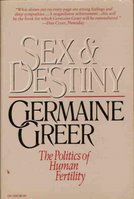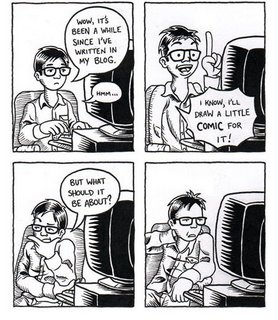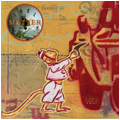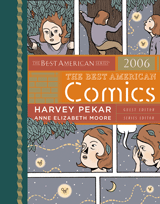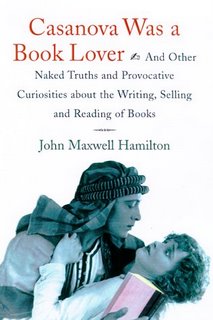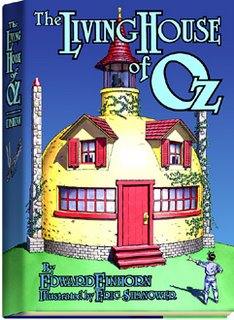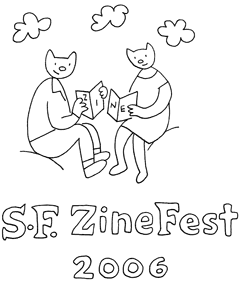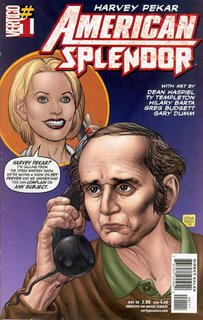Twenty years ago I came out to my mother. Here’s the account I wrote in my diary that night. [Don, mentioned below, was the therapist Mom was paying for me to see.]
from the diary: “Thursday, 1/30/86
“I told Mom. Used Don’s phrase, ‘I think I might be gay.’
“’Might be getting … ?’ she asked.
“’Jee. Ehyee. Wahyee.’
“’Oh.’
“Let me tell you how this happened.
“I’ve had this recurring (physical) pain in my right shoulder for, what, a week or so. It usually only hurt when I moved my arm a certain way and I didn’t move my arm that way very often so I tended to forget there was anything wrong. Well, last night I went to bed around two, trying to reverse the trend of going to bed later and later – if I got enough sleep maybe I wouldn’t waste the entire morning abed, plus maybe I’d feel better, maybe f’rinstance this pain in my shoulder would go away. Even before I went to bed it was getting pretty bad. But the longer I lay there, the more I tried to relax, the more I tossed and turned the worse it got. Finally the pain (like a constant excruciating pulling inside my right shoulder, upper arm and neck stretching up to my chin) got so bad I started whimpering and moaning and tossing frantically in bed; of course none of that worked. Mom heard my cries and came in. I asked her to massage my shoulder – more like begged. Went out to the couch and lay on my stomach. She started gently rubbing my back and I said, ‘No! no! my shoulder, massage my shoulder. My shoulder!’ I was hurting. She got the idea and the manipulations helped some. She ran a hot bath then came in and gave me hotpacks of ginger tea on the shoulder. I put on Bengay and a tshirt and she got a hot water bottle. By that time if I didn’t move my right arm my shoulder was just an ache. A bad ache, but bearable. Mom suggested acupuncture and I agreed. As I told her later, I would’ve agreed to anything. She called Dan Kenner [her acupuncturist] and he had a spot at 10:45.
“In the bath I got it into my head that my body was blackmailing me. Or perhaps torturing me for a purpose. ‘Tell Mom,’ it was saying, ‘or I’ll maybe you scream like this forever.’ Whenever I told my shoulder, ‘All right, I’ll tell her I’m gay,’ the pain seemed to lessen – only to return when I didn’t say anything. Finally I said, ‘Mom.’
“’Yes.’ She came in. I was lying on the couch.
“’I have something I want to say that’s been bothering me, tying me up in knots inside for a long time. I think my body is trying to tell me something.’
“She said, ‘Oh,’ concerned. ‘You mean about getting a job and how you’re having difficulties.’ Pause. ‘Maybe I shouldn’t say anything. You go ahead. I won’t prompt.’ She sat on the hassock.
“’Mom,’ I said. ‘I think I might be –‘ this came out fast. I let in another pause and felt like Fonzie on
Happy Days saying he was wro – he was wro – he was wrong. Slower. ‘I think I might be gay.’
“She absorbed that a second while I stared at my fingernails thinking they needed cutting. This all seemed very comic. I suppressed a … smile.
“ … be getting … ?’
“’What?’
“’You might be getting … ?’
“’G … A … Y …’
“another pause.
“’How long have you been thinking this? For the last year?’ The questions weren’t rapid. ‘In high school or before? For the last ten years?’
“I said, ‘I can’t pinpoint a time.’
“’Have you talked to Don about this?’
“’Yes.’
“She went out of the room and called Dan again as the first time it’d just been the answering service. She was not taking it like I’d dreamed. Where was the pathos, the passion, hurt, anger, suspicion? Hell, I don’t know … drama? She was taking it light I’d told her something mildly distasteful (her lip didn’t curl or anything) but more that I’d told her something that didn’t really interest her, that didn’t really concern her. She wasn’t shocked. She said she had wondered when I asked her to stop kissing on the lips. I shook my head, saying that really had nothing to do with it, something about repression or suppression and my uncomfortableness touching people. She also wonders about David, his never seeming to have anything but friendship for all these girls.
“After she left the phone, [having gotten] the appointment, she said, ‘I think the world would probably be better without sexplay. If people just didn’t think about it so much it wouldn’t be such an issue.’
“She said something about being careful if I ever got involved in ‘sexplay.’
“Is Mom ASEXUAL? Does she not understand sex at all? She seems to think it’s pretty stupid. I suppose that makes homosexual sex dumber than heterosexual sex because at least hetero sex is nominally procreative, for at least that seems to be the paramount reason she engaged in it (and, I assume, to please Dad). Gays then engage in ‘sexplay’ for the sake of ‘sexplay’. And yet she doesn’t have a righteous fervor, she doesn’t condemn sex for sex’s sake as immoral or a mortal sin. But, minus Hell, she’s got the same idea.
“Like I said at the beginning, I’m bewildered. That was so flat. I was expecting something … else. Where was all that stuff I read about? ‘Get out of my house!’ ‘How could you do this to me?’ ‘All my hopes are ruined!’ ‘I don’t know you anymore!’
“After the conversation she seemed to forget it ever happened. Seems it would be stretching to say she was covering her despair, her anguish.
“Am I disappointed? I can’t say that. I didn’t want recriminations. But I am let down. Have I been basing my life of strife, tragedy, and trauma on a construction of my own mind? What
is this? What’s going on?
“Now that I’ve told her, what happens? Do I subscribe to the
Advocate [a gay news magazine]? I didn’t think about it until now, but I guess I could. I want to ask her, ‘What do you really think? Are you mad? Sorrowful? Do you not care one way or the other?’ She doesn’t seem to be thrilled for me (‘Oh! JOY!’) but neither does she seem upset (‘Oh! Woe!’).
“help.
“I guess I don’t have a big, bad, terrible secret to hide any more. What will I do now?
“I got dressed, bundled my scarf around my neck, and went to Dan’s. Mom acted as usual, said she hopes she gets a sub job tomorrow [Mom was a substitute teacher]. So do I, I said.
“I was still in physical pain. Dan had me lie on one of his slabs, take off my shoes and socks and shirt and he poked me with slender needles.
“(all this morning a commerical jingle and the phrase ‘diatomaceous earth’ had been fighting for dominance in my head. After I revealed my terrible secret to Mom they were replaced by ‘They’re coming to take me away – ha! ha!’ [a song by Napolean XIV])
“Acupuncture is really somethin’. I didn’t even notice most of the needles, but a couple he stuck in my hand and shoulder – thunk – felt like direct injections of novocaine. Muted, tho. Like cotton covering the pain. My shoulder seems a little worse than before last night. If I keep it relaxed it doesn’t hurt. No sudden moves or exaggerated gestures. Writing seems okay.
“And that was it.
“We came home.
“I napped.
“Ate dinner.
“Watched
Hill Street Blues.
“Mom went to bed.
“I finished up the dishes.
“And wrote seven pages in my journal.”
 for Part I go back in time.
for Part I go back in time. 